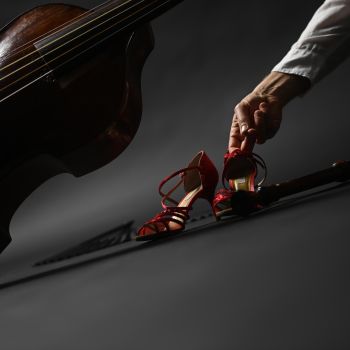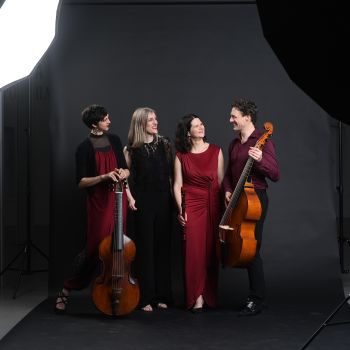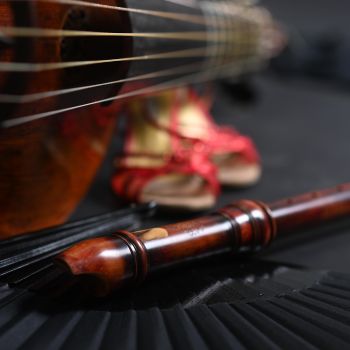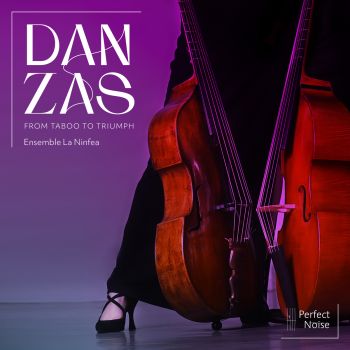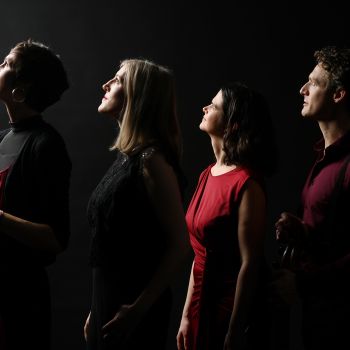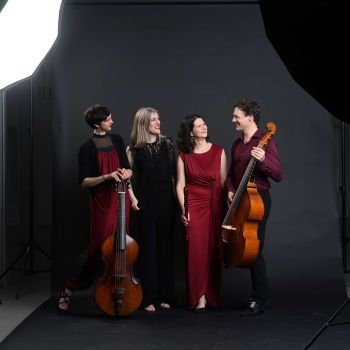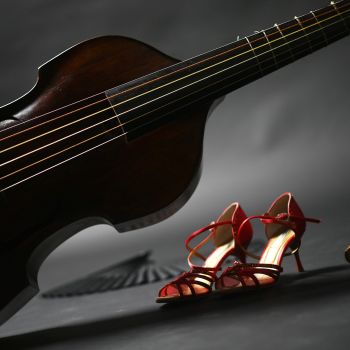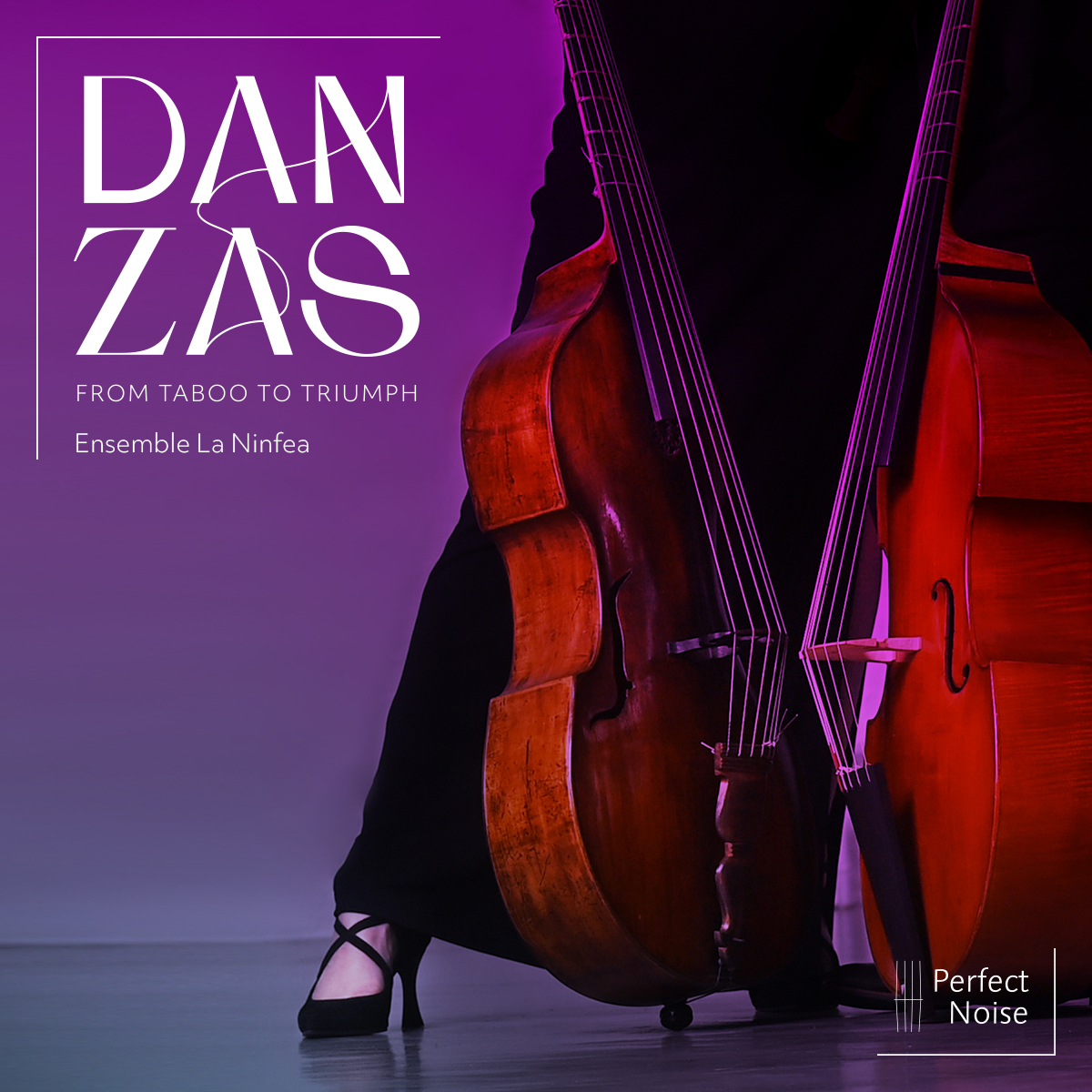
Danzas –
from Taboo to Triumph
Inspired by once forbidden dances, La Ninfea combines what doesn't really belong together - tango & chaconne, sarabande & waltz, from Monteverdi to Mozart, from Handel to Piazzolla. A musical bridge across centuries and conventions - this music has never been heard like this before!
Album Release: 13.9.24 order now at Perfect Noise/listen now on Spotify, I Tunes, Amazon, Tidal etc.
Single Releases: 26.7. Violatango/13.8. Folias criollas/30.8. La Cumparsita
Release concerts:
Tue 17.9. Wedeler Musiktage with Catalina Lotte-Fooken & Thomas Lotte (Tango argentino) I www.wedeler-musiktage.de
Thu 19.9. Hannover: »Danzas« at Festsaal Eilienriedestifts I www.eilenriedestift.de/leben/kultur/
Sponsored by Niedersächsische Sparkassenstiftung and Sparkasse Hannover
Sun 22.9. Bremen Die Glocke: »Strawberries with cream - musical delicacies served fresh!« with Highlights from »Danzas« (Catalina Lotte-Fooken & Thomas Lotte: Tango argentino)
A cooperation with „Musik im Ohr" der Glocke Bremen I www.glocke.de
DANZAS – vom Tabu zum Triumph:
Initially frowned upon and forbidden, then socially accepted and the height of fashion: the infectious rhythms of dances imported from South America conquered all of Europe and led to a kind of dance mania. This arrived in several waves - around 1600 for the sarabande and ciacona, then around 1900 for the tango. Some celebrated this liberation of the body, others saw it as the downfall of the West. Despite being at times banned by the authorities, their popularity was not reduced. In this “crossover” project by La Ninfea, the genres and dances meet and mix. Pieces that are not actually dances suddenly turn into tangos, while a tango shows itself in baroque dress. Wicked and modern: a musical bridge spanning centuries and social conventions.
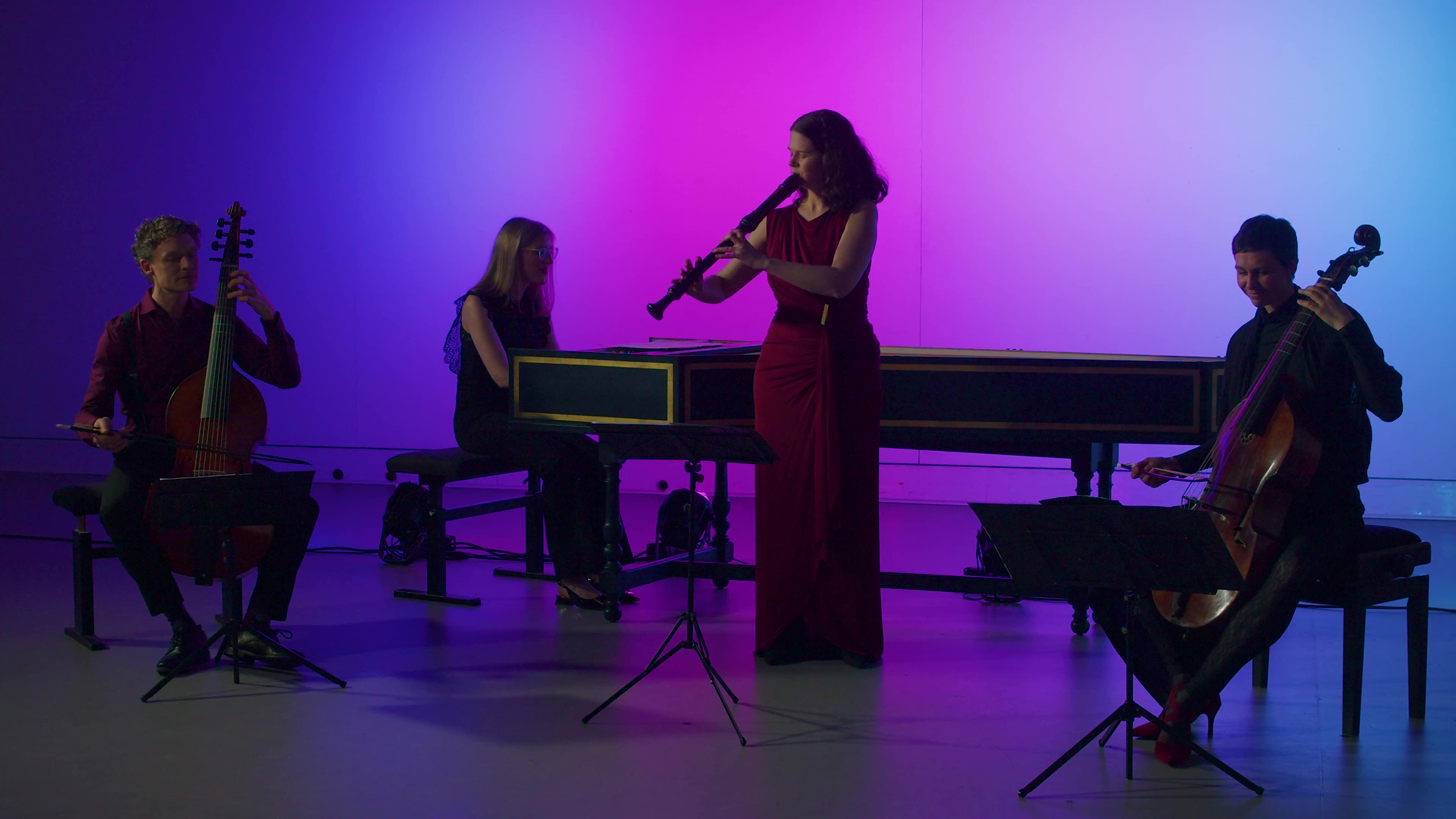
Paolo Pandolfo's (*1959) »Violatango« is a tango composition by the viola da gamba virtuoso, which Ensemble La Ninfea has recorded here in its own arrangement. The viola tango combines Argentine tango with historical instruments and encompasses the melancholic-lyrical as well as the virtuosic-energetic and rhythmic moments of the tango.
Listen now on your favorite streaming portal:
Streaming Link: Violatango
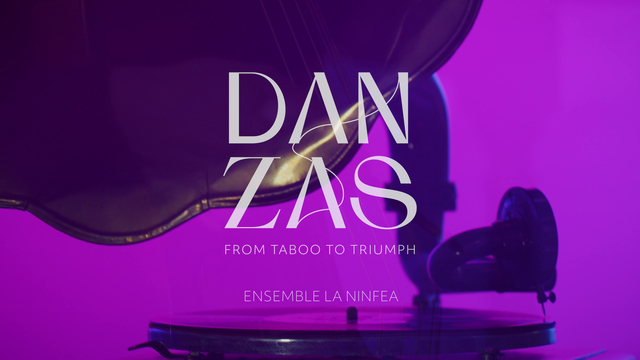
Ensemble La Ninfea's improvisation on the lively »Folias criollas«!
The Folias criollas are an example of how European music developed in Latin America - the colorfulness of Italian-Spanish baroque music with Latin American influences immediately encourages dancing!
Streaming link: Folias criollas
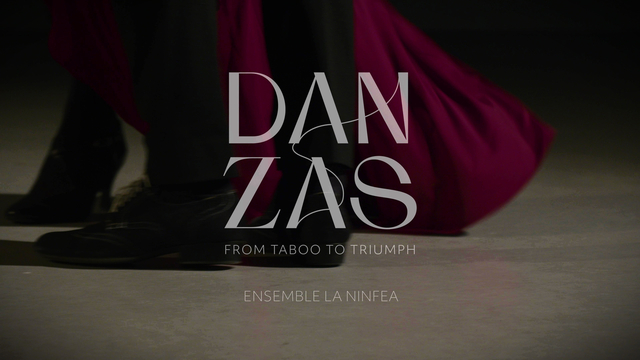
When you've danced the night away at a milonga (the name given to tango dance events that often last until the early hours of the morning), there's one unmistakable sign that it's time to say goodbye: the cumparsita - probably the most famous tango in the world...
Video Trailer »danzas«
To view the videos, you must first agree to allow external content to be loaded from Youtube.
For more information, please see our privacy policy.



About the Music
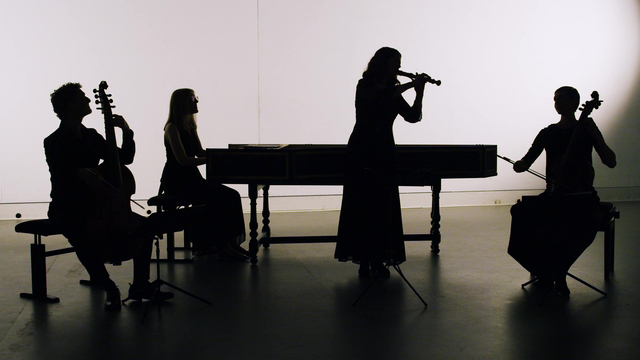
Folia di Spagna (arr. La Ninfea)
Folia di Spagna or Follia originally refers to a very lively, sung Portuguese dance in which people moved so exuberantly that they looked completely “folle” (crazy). In the Baroque period, this developed into a well-known harmonic scheme that was widely improvised and composed over - we find a follia in almost all composers of the time. In the Folia di Spagna, La Ninfea compiles sections by Marin Marais, Antonio Martin y Coll and his own improvisations, among others. If you listen carefully: that's right! This particular follia could even contain traces of tango!

Paolo Pandolfo's (*1959) Violatango is a tango composition by the viola da gamba virtuoso, which La Ninfea has recorded here in its own arrangement. The viola tango combines Argentine tango with historical instruments and also leaves room for individual versions thanks to the variably combinable form parts.

